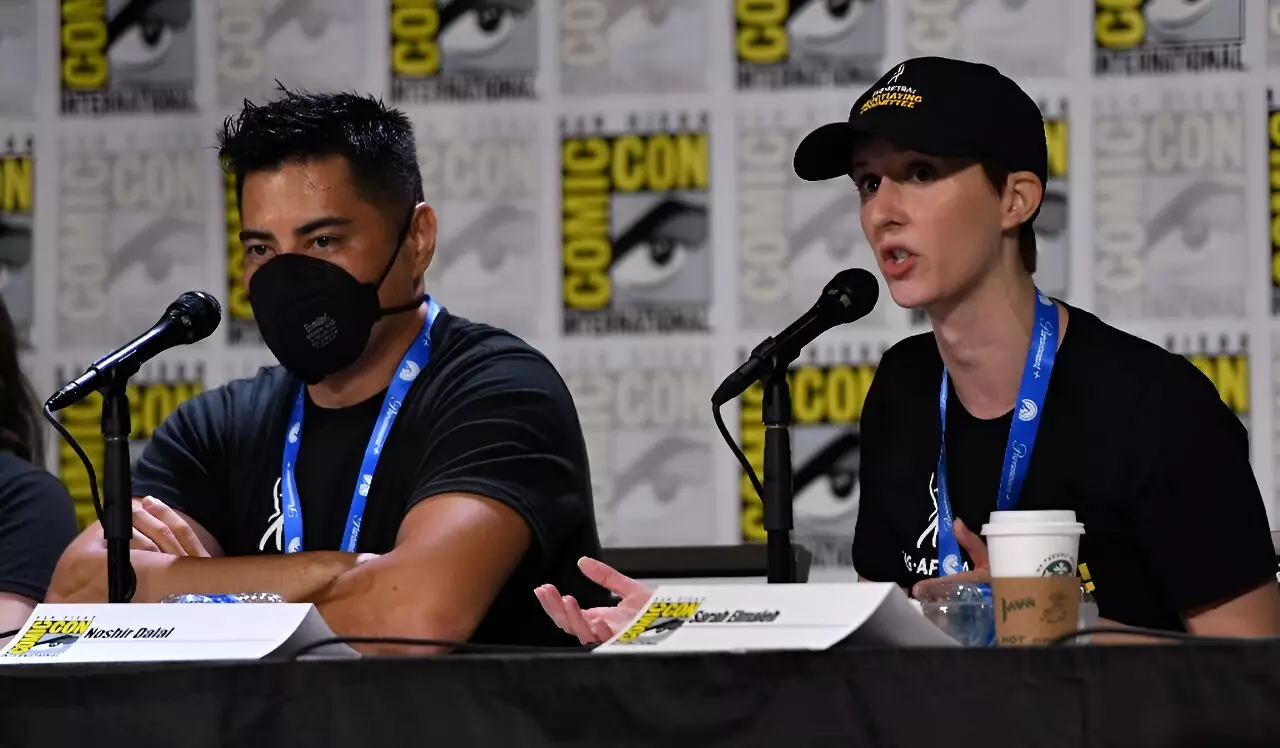The use of artificial intelligence in the entertainment industry has been a topic of debate and controversy. Last year, Hollywood experienced strikes due to the increasing use of AI in film production. Now, the video game industry is facing a similar situation, as the Screen Actors Guild (SAG-AFTRA) initiated a second strike in nine months against gaming giants.
While the demands of the actors remain the same – consent and compensation for the use of their voices and movements in building game characters through AI, the negotiations in the gaming industry present unique challenges. Technology companies, inherently driven by data and innovation, tend to view actors as mere data points rather than artists.
Lead negotiator Ray Rodriguez highlighted the importance of nuanced performances by actors in creating compelling characters, contrasting this with the technology companies’ perception of actors as mere components of a larger system. This disconnect has led to a lack of understanding and appreciation for the value that actors bring to the industry.
The strike initiated by SAG-AFTRA affects around 2,600 artists who provide voice dubbing services or motion capturing for video games. Despite more than a year and a half of negotiations, major gaming companies such as Activision, Disney, Electronic Arts, and Warner Bros. Games have been unable to reach a consensus with the union.
The sporadic nature of talks and the companies’ obsession with secrecy have further complicated the negotiation process, leading to a standstill. Additionally, video game characters often involve multiple performers for voice and motion capture, creating collaborative challenges for the actors.
One of the key concerns raised during negotiations is the exploitation of ambiguity by video game companies to create loopholes in their offers. By using generative AI to blend various human performances into new voices or body movements, companies can make it difficult for actors to track and claim their work.
Union negotiator Sarah Elmaleh emphasized the need for AI protections to prevent actors from losing out on opportunities and income due to the evolving technology. The increasing reliance on AI poses a threat to the livelihood of voice actors, particularly those in ancillary roles or starting out in the industry.
In response to the challenges posed by AI in the video game industry, strike strategies need to adapt and diversify to effectively address the concerns of actors. Elmaleh suggested exploring different platforms and venues for protest, including online arenas and in-person events, to raise awareness and advocate for actors’ rights.
The shift towards a more inclusive and widespread approach to strikes reflects the changing landscape of the entertainment industry and the need to adapt to new technologies. As AI continues to impact various sectors, including video games, actors must unite to protect their interests and ensure fair treatment in the digital age.
The ongoing strike by video game actors against major industry players highlights the growing conflict between traditional artistic values and technological advancements. As AI becomes more ingrained in entertainment production, the need for clear regulations and protections for actors has become crucial to safeguard their careers and livelihoods.
By standing together and advocating for their rights, actors can navigate the challenges posed by AI and ensure that their contributions are recognized and compensated fairly. The evolving dynamics of the entertainment industry call for a collaborative effort to strike a balance between innovation and artistic integrity.



Leave a Reply